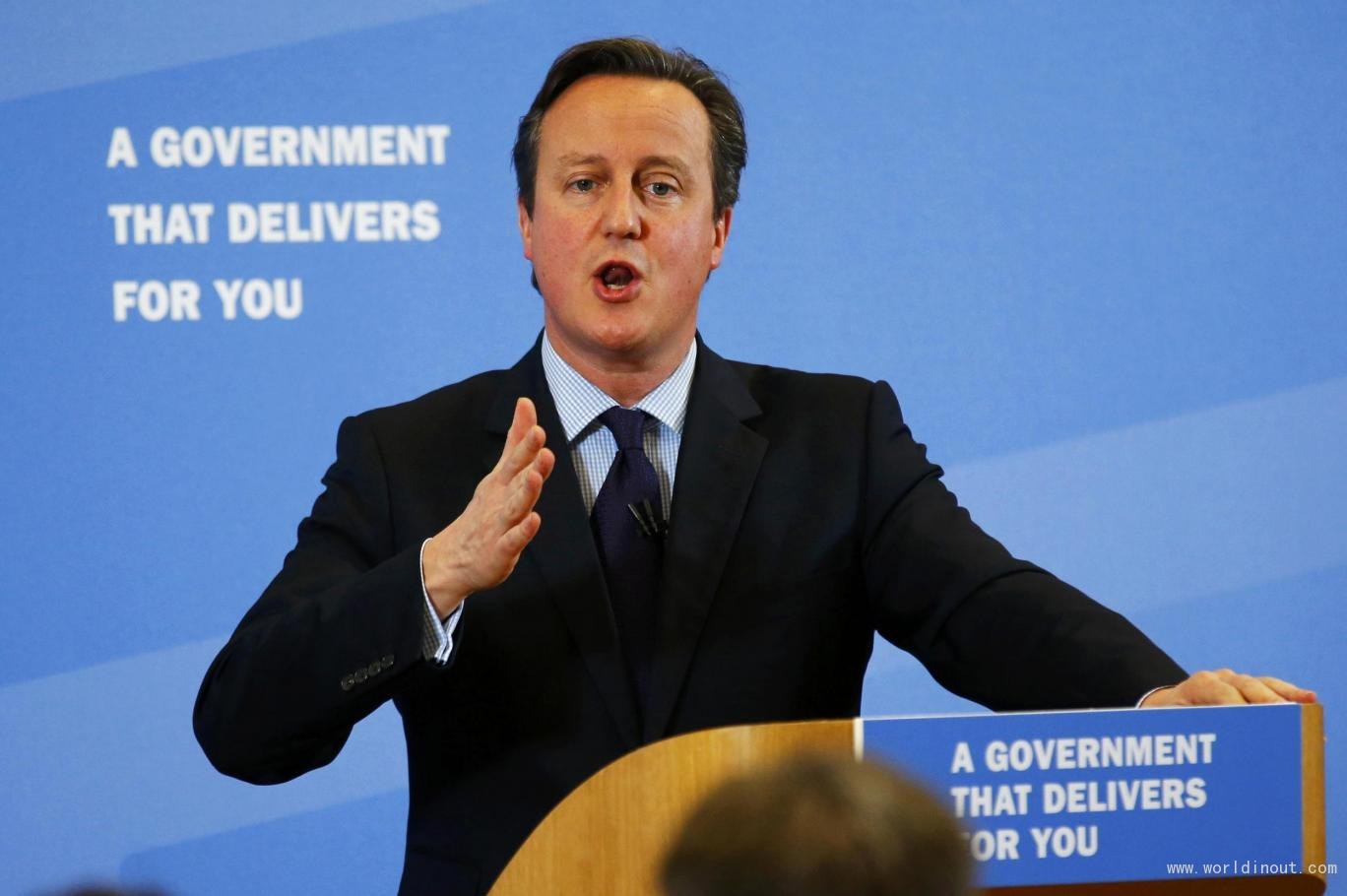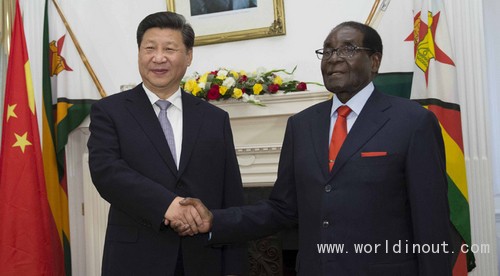David Cameron faces an uphill task to secure key reforms for Britain's membership of the EU after he was told there were "substantial political differences" over his plan to bar EU migrants' access to benefits.
EU Council President Donald Tusk said he was confident leaders will agree a final deal in February but suggested this would only be achieveable if Mr Cameron backed down on the most contentious of his proposals: to make EU migrants wait four years before they can claim child and working tax credits or have access to social housing.
Mr Tusk said there was "presently no consensus" on this "delicate" issue and urged Mr Cameron to expand on his propsal before the summit of EU leaders on December 17.
David Cameron admits he will miss target of EU deal this month
Last week the Prime Minister admitted he had given up hope of securing a deal this month, meaning an agreement will not be signed before February.
The date of the EU referendum is now unlikely to be held before next autumn at the earliest because the Government must give four months' notice and will not set a date before securing a deal with EU leaders.
Mr Tusk was writing a response to Mr Cameron's letter last month that spelt out his four demands for reforming Britain's relationship with the EU.
Addressing the demand to bar EU workers from benefits, Mr Tusk wrote: "The fourth basket on social benefits and the free movement of persons is the most delicate and will require a substantive political debate at our December meeting.
"While we see good prospects for agreeing on ways to fight abuses and possibly on some reforms related to the export of child benefits, there is presently no consensus on the request that people coming to Britain from the EU must live there and contribute for four years before they qualify for in-work benefits or social housing.
"This is certainly an issue where we need to hear more from the British Prime Minister and an open debate among ourselves before proceeding further."
However, the EU Council President signalled that progress had been made in the three other areas - Mr Cameron's demand for protection for the nine non-euro member states, exemption from 'ever-closer union' and cutting red tape for businesses.
Summing up the current state of affairs in the renegotiation, the EU Council President added: "All in all it is my assessment that so far we have made good progress.
"We need some more time to sort out the precise drafting on all of these issues, including the exact legal form the final deal will take.
"We also have to overcome the substantial political differences that we still have on the issue of social benefits and free movement. The December European Council should address all the political dilemmas related to this process.
"based on a substantive political discussion we should be able to prepare a concrete proposal to be finally adopted in February."
Responding to Mr Tusk's letter, Mr Cameron told Sky News that the "whole renegotiation is difficult" but insisted the letter showed "encouraging" signs that a deal was achieveable.
Catherine Bearder MEP, who is leading the Liberal Democrats' EU referendum campaign, said it was important to agree a deal and hold the referendum as soon as possible to end uncertainty.
"The sooner these talks are over, the sooner we can focus on the broader reasons why Britain is better off in the EU," she said.
"The UK and Europe are facing a number of major challenges, from the threat of terrorism to the impact of climate change.
"In these turbulent times, it is clear Britain is stronger when we stand together with our European allies."








